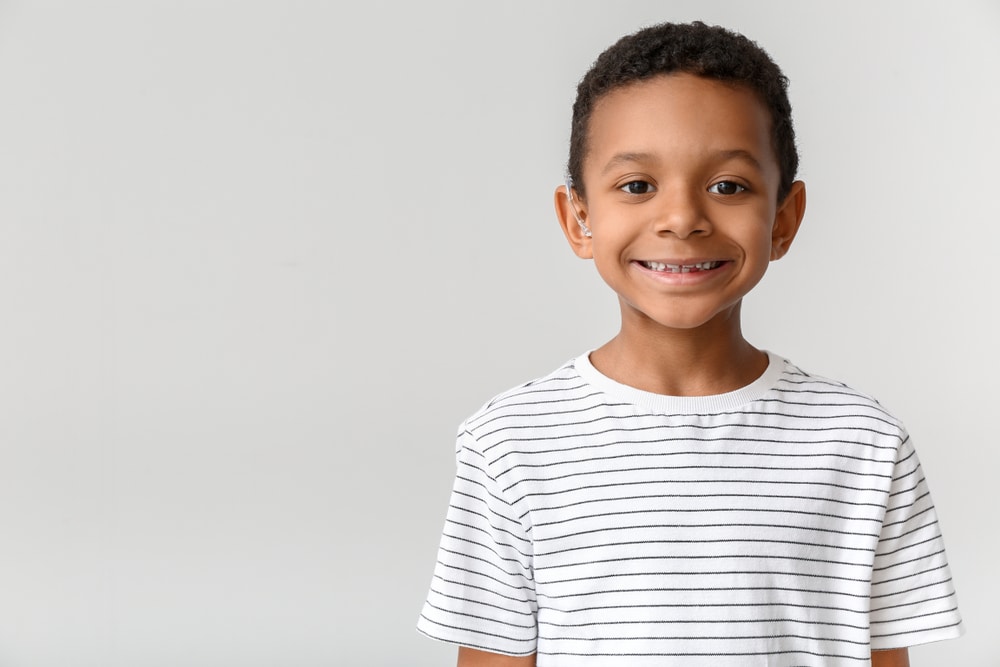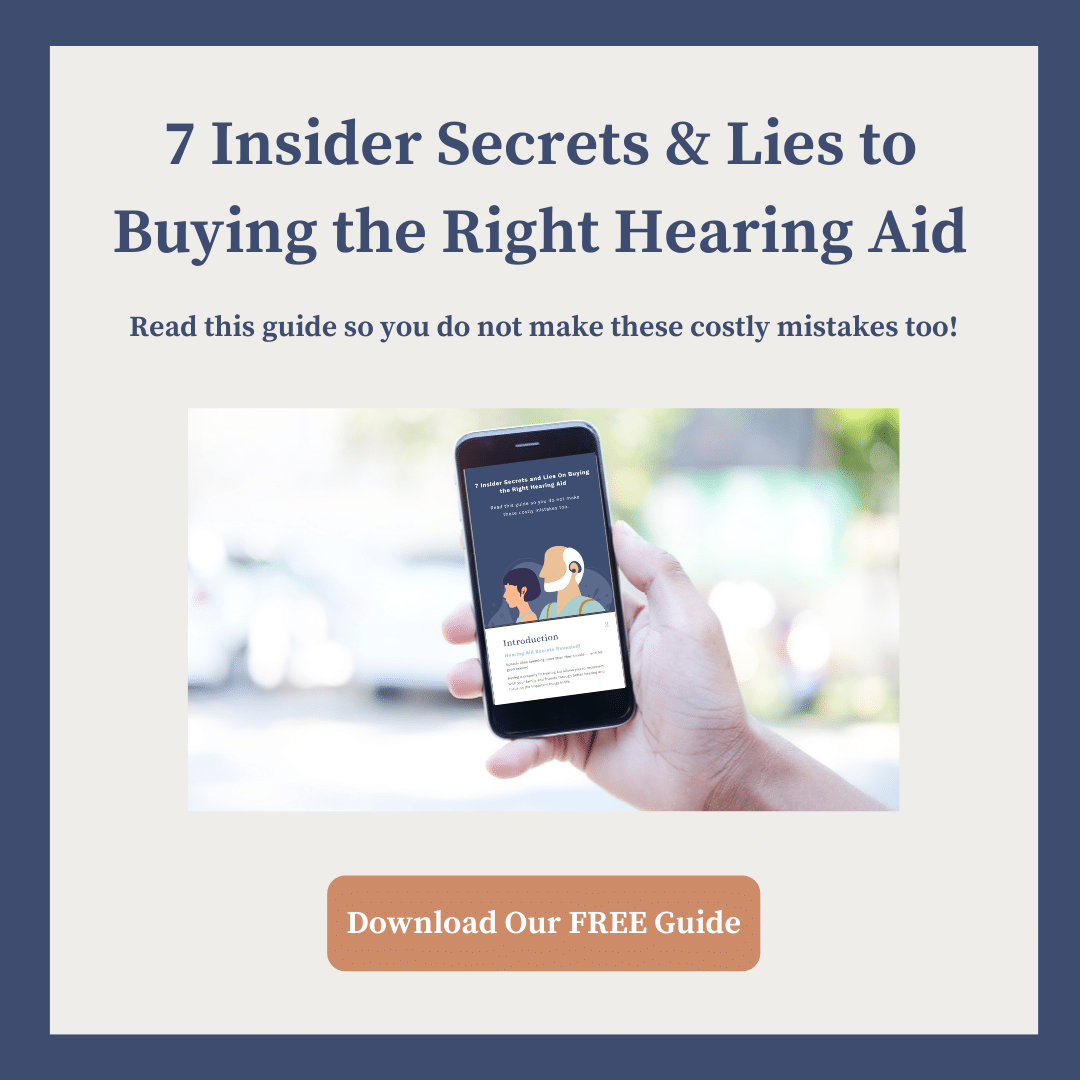Hearing aid batteries are small but powerful. They power your ability to hear which has a profound impact on your quality of life and overall health! Here is everything you need to know about how hearing aid batteries work and what your hearing aid options are at Hearing Doctors of New Jersey.
What Are Hearing Aids?
Hearing aids are small devices that amplify sounds to help people hear more clearly. Amplification of sound creates larger vibrations in the inner ear so that damaged sensory cells can more easily pick up on them and convert them into sounds. Hearing aids are available in a variety of styles and can sit completely in the ear, behind the ear, or a combination of both. Dr. Nesson and our staff will help you determine the right hearing aid based on your individual needs, lifestyle, and comfort level.
What Are Hearing Aid Batteries?
Hearing aid batteries are an important component of working hearing aids. It essentially powers the entire hearing aid, including the microphone, amplifier, and speaker that project sound into the ears. The first hearing aids, created in 1900, had clunky batteries that were carried externally in a rubber case and attached to the earpiece with wires. Each hearing aid weighed about 3 pounds! Thankfully, advances in technology, starting with Rayovac in 1937, have led to lightweight, easily portable hearing aids.
How Long Do Hearing Aid Batteries Last?
The longevity of hearing aid batteries depends on a variety of factors. Some batters are disposable while others can be recharged. Disposable batteries come in various sizes and the larger ones often last longer. Factors that impact how long your hearing aid batteries will last include:
- Your level of hearing loss and the necessary hearing aid amplification
- How long you wear your hearing aids each day
- How much you rely on your hearing aids to make phone calls and connect to audio accessories
- How noisy your normal sound environment is
- The environment that you live in
Is a Disposable Battery or a Rechargeable Battery Better?
When it comes to disposable vs. rechargeable batteries, there is no “right” option. Rather, it comes down to which option works better for you. One of our Doctors of Audiology can discuss all your options for hearing aid batteries and hearing aids in general at your appointment and will be happy to answer any questions you might have. When it comes to disposable vs. rechargeable batteries, there is no “right” option. Rather, it comes down to which option works better for you. Dr. Nesson can discuss all your options for hearing aid batteries and hearing aids in general at your appointment and will be happy to answer any questions you might have.
Hearing Aids in Livingston, NJ
At Hearing Doctors of New Jersey, we offer a variety of hearing aid brands and styles for top-of-the-line hearing care. We also offer hearing aid repairs and additional accessories so that you can maximize the benefits of your hearing aids! Schedule an appointment today for a comprehensive hearing test or to discuss your options for hearing aids with one of our Doctors of Audiology today.





